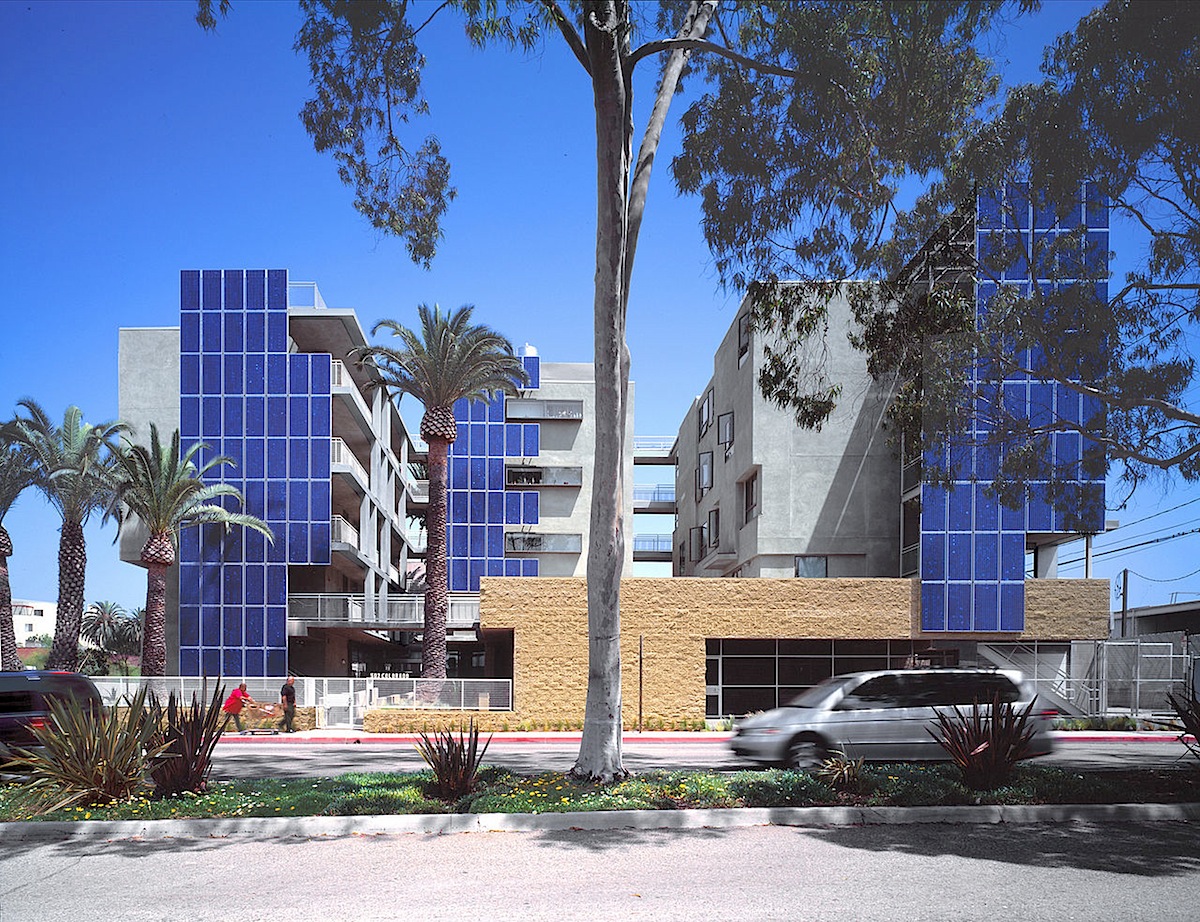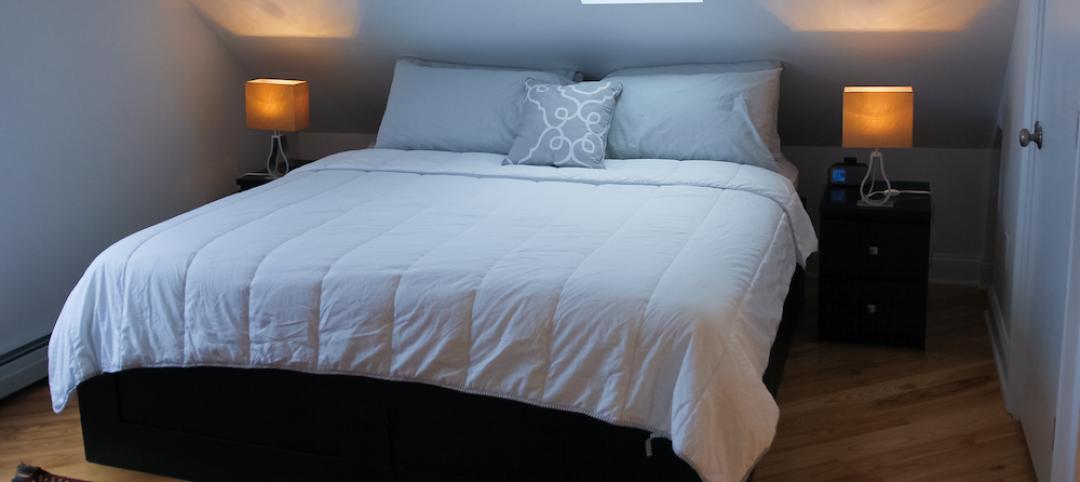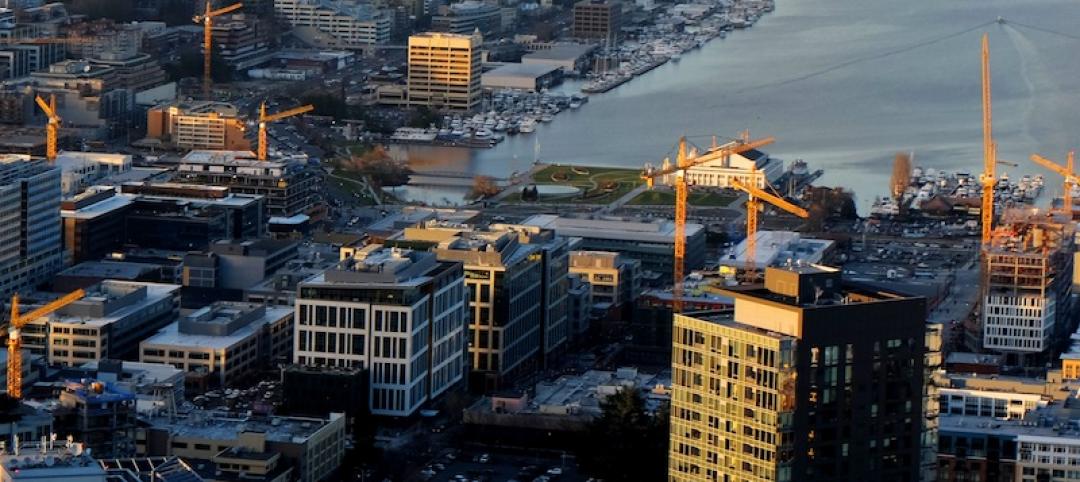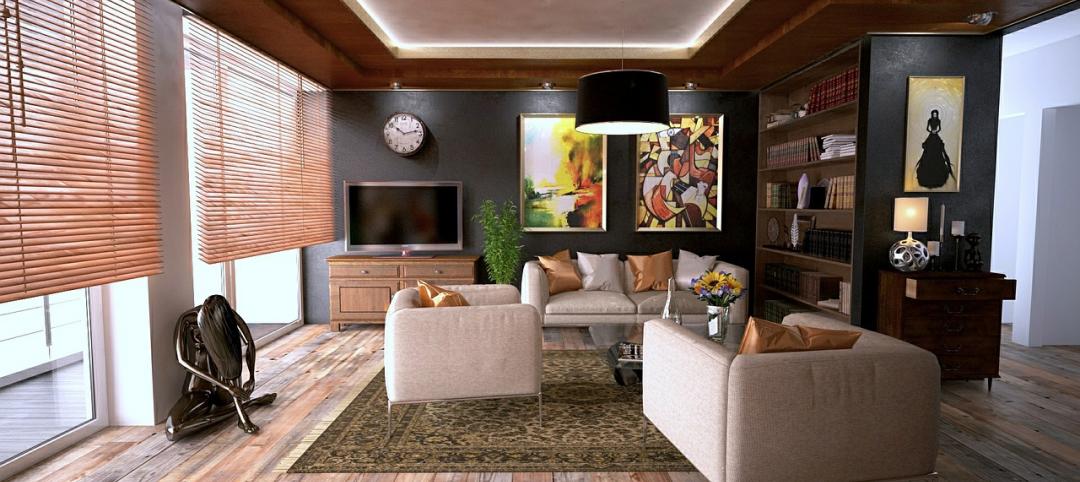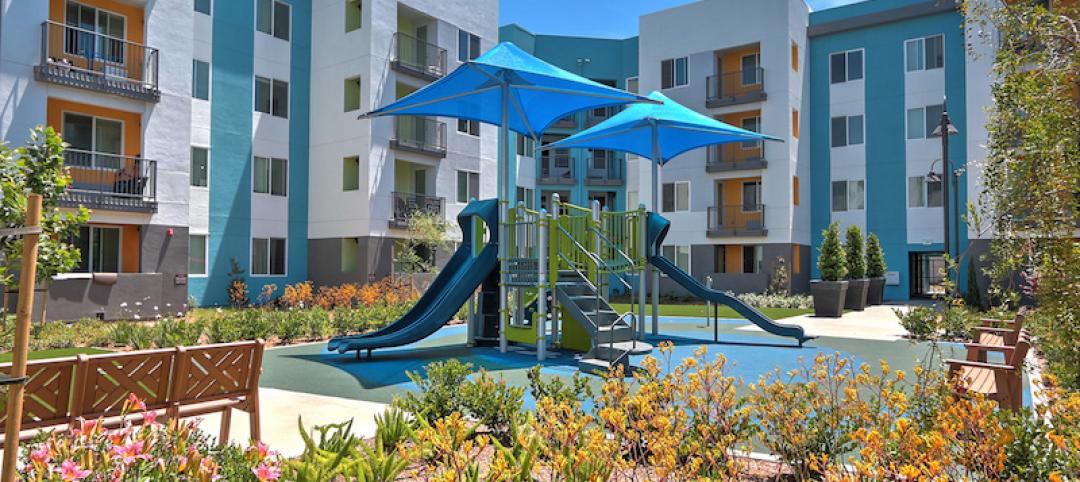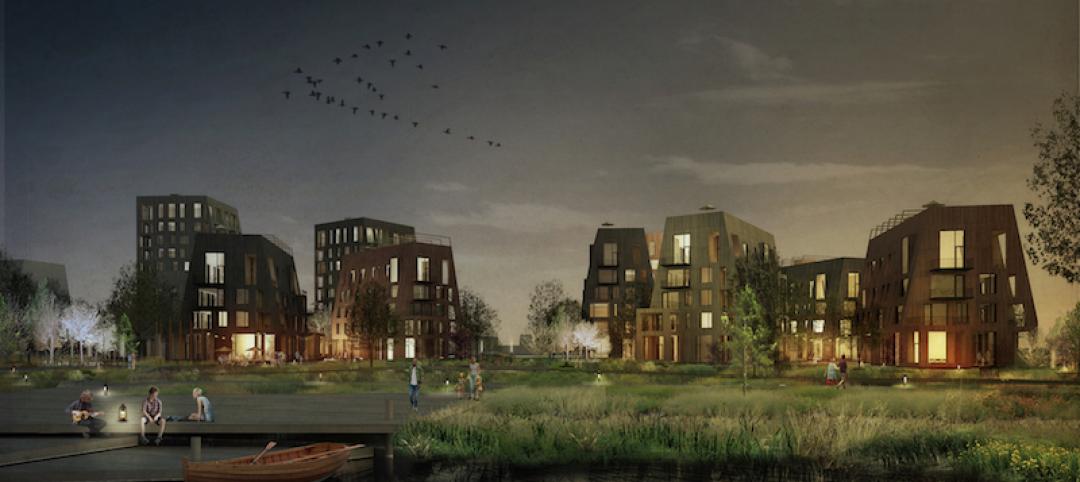The U.S. Green Building Council (USGBC) announced today that Fannie Mae will reward multifamily properties with a green building certification, such as LEED, with a lower interest rate. USGBC’s LEED green building rating system is one of several recognized certifications including Energy Star and Enterprise’s Green Communities Criteria.
For these certified properties, Fannie Mae is now granting a 10 basis point reduction in the interest rate of a multifamily refinance, acquisition or supplemental mortgage loan. For example, if the market interest rate is 4% on the multifamily loan, the new rate is 3.9% with this pricing break. On a $10 million dollar loan amortizing over 30 years, the owner would save $95,000 in interest payments over a 10-year term.
All loans financed under this lower interest rate will be also securitized as a Green MBS, growing the total volume of Green Bonds in the market for socially responsible investors to include in their portfolios. Fannie Mae is the leading provider of multifamily financing in the U.S., with a portfolio valued at more than $200 billion.
“This is a great demonstration of leadership from Fannie Mae, and the partnership between the multifamily finance industry and the green building industry,” said Rick Fedrizzi, CEO and founding chair, USGBC. “This is real money and an incentive to not only build green but also for existing buildings to achieve certification. For the first time, Fannie Mae multifamily lenders will be able to reward building owners for their better buildings.”
"Fannie Mae is leading the way in financing by offering new lower interest rates for green building certified multifamily properties,” says Jeffery Hayward, executive vice president for multifamily, Fannie Mae. “We clearly see the value in the triple-bottom line of certified green buildings: financial benefits of lower operating costs for owners and tenants; social benefits of better quality housing for renters; and environmental benefits for everyone. Our lenders are ready with financing solutions to help multifamily owners make their properties more energy and water efficient for today and for the future."
LEED buildings have been proven to have lower monthly energy and water costs, leaving more disposable income for families and creating healthier and more comfortable indoor environments for occupants. In a study from the U.S. Department of Energy it was reported that LEED buildings are estimated to consume 25% less energy and 11% less water, have 19 percent lower maintenance costs, 27 percent higher occupant satisfaction and 34 percent lower greenhouse gas emissions.
For more information on Fannie Mae’s Multifamily Green Initiative, please see www.fanniemaegreeninitiative.com.
Related Stories
Multifamily Housing | Jul 18, 2016
Four residential projects named winners of the 2016 AIA/HUD Secretary Awards
Affordable housing, specialized housing, and accessible housing projects were honored.
Multifamily Housing | Jul 14, 2016
Portland, Ore., City Council approves construction excise tax for affordable housing
Expected to raise $8 million annually on commercial and residential projects.
Multifamily Housing | Jul 7, 2016
Courtyards make Brooklyn’s Bushwick II residential development its own miniature city
Bushwick II will feature light-filled plaza spaces, a roof for urban living, and more than 800 apartment units.
Market Data | Jul 7, 2016
Airbnb alleged to worsen housing crunch in New York City
Allegedly removing thousands of housing units from market, driving up rents.
Market Data | Jul 6, 2016
A thriving economy and influx of businesses spur construction in downtown Seattle
Development investment is twice what it was five years ago.
Multifamily Housing | Jul 5, 2016
Apartments continue to shrink, rents continue to rise
Latest survey by RENTCafé tracks size changes in 95 metros.
High-rise Construction | Jun 29, 2016
Best Tall Buildings around the world favor unusual shapes and hybrid functions
The Council on Tall Buildings and Urban Habitat selects winners in four regions.
Multifamily Housing | Jun 22, 2016
Can multifamily construction keep up with projected demand?
The Joint Center for Housing Studies’ latest disection of America’s housing market finds moderate- and low-priced rentals in short supply.
Urban Planning | Jun 15, 2016
Swedish ‘Timber Town’ proposal from C.F. Møller provides a unique blend of nature and city
The development acts as a transition area between a traditional urban landscape and parklands.
Multifamily Housing | Jun 14, 2016
San Francisco voters approve tougher affordability requirement on new housing development
Critics charge that the measure may backfire and actually reduce new affordable units.


